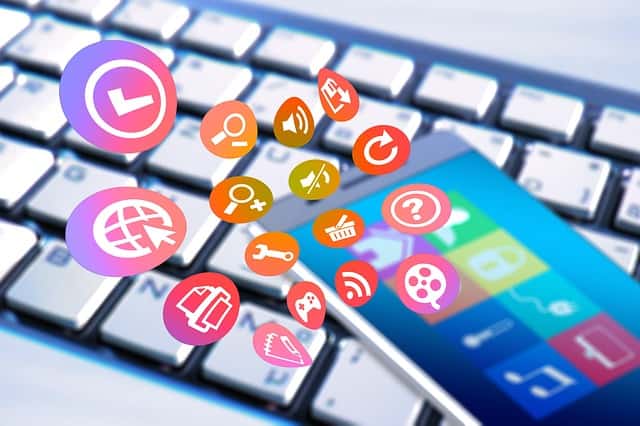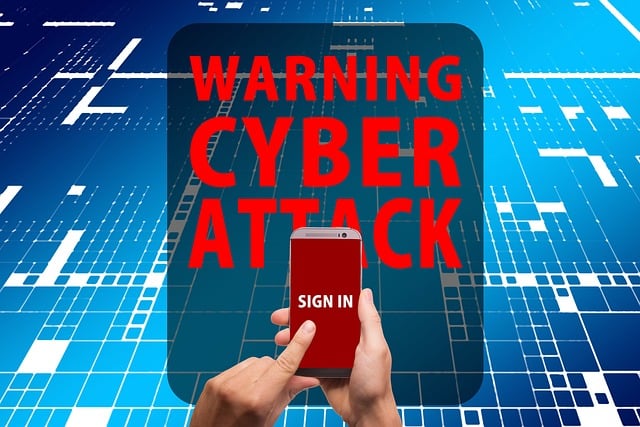Rapid technological advances have led us to rely on our phones in almost every aspect of our lives. We use smartphones for work, study, fun, and personal communications. As a result, we store and transmit huge amounts of personal data on these devices. In this context, the issue of personal data protection on the phone has become very important.
Free VPN download is the easiest way to increase the security and privacy of your online activities. Download a VPN for each device, especially for your smartphone, and protect your personal data. Additionally, it will help you to access geographically restricted content and sometimes even increase your internet connection speed.

While using VPN is one of the easiest ways to protect your data it is not the only one. To be fully protected, follow these steps when using your phone.
- Keep your OS and apps up to date.
Updates often contain improvements released to address security weaknesses. A general recommendation is to enable automatic updates or install it as soon as possible when it becomes available. It's like a race, when an update is released, it takes time for attackers to develop new strategies to crack programs. It is your responsibility to stay ahead in this race and update your apps as quickly as possible.
- Download apps and updates only from a reliable store.
This rule continues the previous one. Even if it's technically possible to install an app from an unofficial store, we recommend that you refrain from doing so. Official app stores act as a filter and do not allow malicious apps to enter the market. However, even Play Market on Android and App Store on IOS can not guarantee that apps are 100% safe. So, think twice before downloading unnecessary apps.
- Check your apps’ access rights.
Sometimes apps may request access rights that are not related to their main purpose. It happens for different reasons and one of them is to collect and sell users data. Of course, it is impossible to restrict all apps from accessing your contacts, photos, location, etc. But always evaluate whether the request for access rights is related to the function the app performs. Luckily, there are a variety of analogs for almost every app, so if you feel uncomfortable revealing too much personal information to an app, you can always find an alternative.
- Lock your phone with a strong password.
This point seems obvious, but many people still don't follow it. The phone, due to its size, can easily be lost or stolen. In such a case, a strong password is the only thing that can protect your data or at least take more time for attackers to break into your phone, and thus give you more time to find it. Avoid easy-to-guess passwords, use letters, numbers, and symbols, and set different passwords for each device and application.
For applications that contain your sensitive information, enable two-factor authentication.
- Download a free VPN.
As we already mentioned above, it is one of the easiest ways to protect data from your phone when you are online (which means almost constantly these days). VPN encrypts internet traffic with solid protocols and masks your IP address making it difficult for others to snoop on and read your information. With VPN you can safely use public Wi-Fi networks, browse the web, and access any content needed.
- Watch out for phishing messages.
Phishing messages aim to make you visit a website to steal your personal information or download a virus into your device. Scammers make it look like a message or email from a real company, often from the financial sector. Be careful with messages containing links or attachments and always doublecheck the sender. The easiest way to protect yourself when you receive a suspicious message is to delete it without clicking on the links and opening attachments. However, this is not always the case. If you have any doubts about the content of the message, make sure that you are indeed related to the company on whose behalf you are being texted, and contact them in another way, for example, by calling the support service. If it turns out that the company has not sent you any messages, be sure to report it.

- Use reliable antivirus software.
Reputable antivirus software helps detect and remove malware on your smartphone. Additionally, it may allow you to clear your browsing history, delete cookies, and tell you which application is unsafe before downloading it.
- Back up your data.
Even if you do your best to keep the phone and data safe, sometimes a single slip-up can cost you data loss. In this case, it's important to have a copy on the cloud or other device. You can allow automatic backups on any smartphone and it will be performed overnight when you do not need to use it. You can find direct instructions for IOS and Android devices at https://consumer.ftc.gov/articles/how-protect-your-phone-hackers. If you keep copies of your data you will not lose important information if the phone is lost or broken.
There are a lot of other small steps that should be taken to protect personal data on smartphones. You should forget the public Wi-Fi network after you stop using it and forbid automatic reconnection on device settings. The reason is simple: you were using the network with the help of a VPN, but next time your phone may connect to it when you were just passing nearby, and your data will be at risk. Similarly, log out from mobile apps when you are done using them. Enable Fing My iPhone/Device tracking to find your phone if it goes missing.
It is essential to secure your smartphone realizing how much sensitive information is stored there. You may find some of the tips difficult to make a habit of but remember that it's better to do it than to be sorry.
